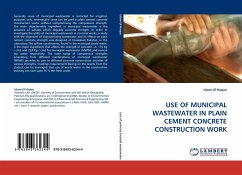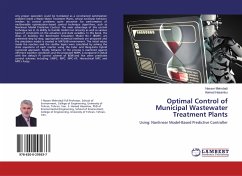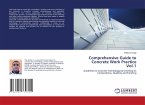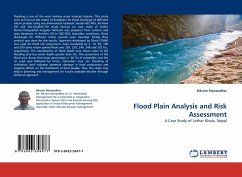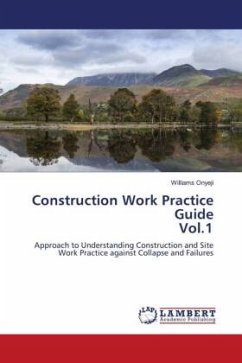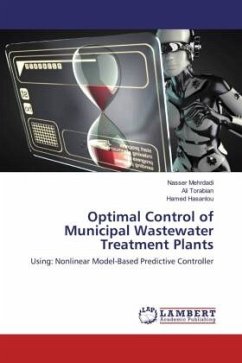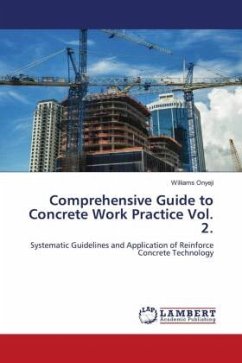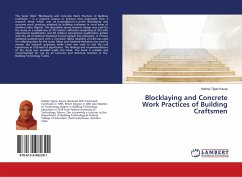Generally reuse of municipal wastewater is restricted for irrigation purposes only, whereas,the same can be used in plain cement concrete construction works without compromising the compressive strength. The main objectionable ingredient in municipal wastewater is the presence of sulfates which degrade concrete strength. In order to investigate the utility of municipal wastewater in concrete works, a study with the objectives of characterizing wastewater and its effects on plain cement concrete strength was designed at Faisalabad Pakistan, in the Laboratory.The sulfate constituents, found in the municipal waste water, is the major ingredients that affects the strength of concrete, i.e. 176 Kg / cm2 and 224 Kg / cm2 for municipal wastewater (MWW) and normal tap water respectively. The wide range of compressive strengths emanating from different combinations of municipal wastewater (MWW) provides its uses in different concrete construction activities of various strengths / loadingsrequirements.Basing on the results from the study,it can be envisaged that use of waste water in the construction industry can save upto 16 % the fresh water.
Hinweis: Dieser Artikel kann nur an eine deutsche Lieferadresse ausgeliefert werden.
Hinweis: Dieser Artikel kann nur an eine deutsche Lieferadresse ausgeliefert werden.

